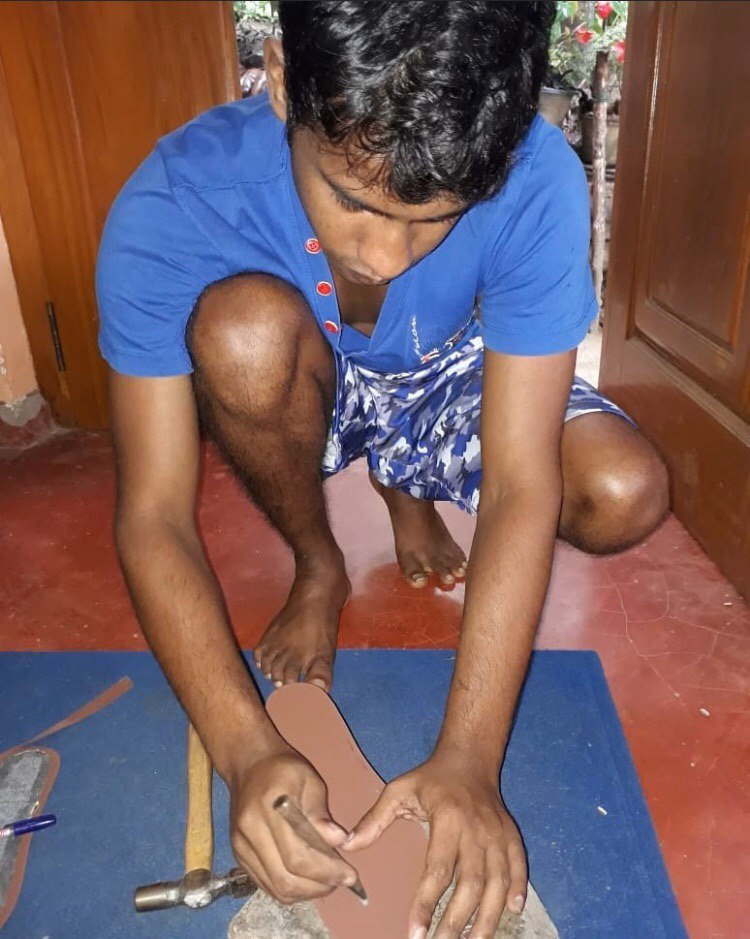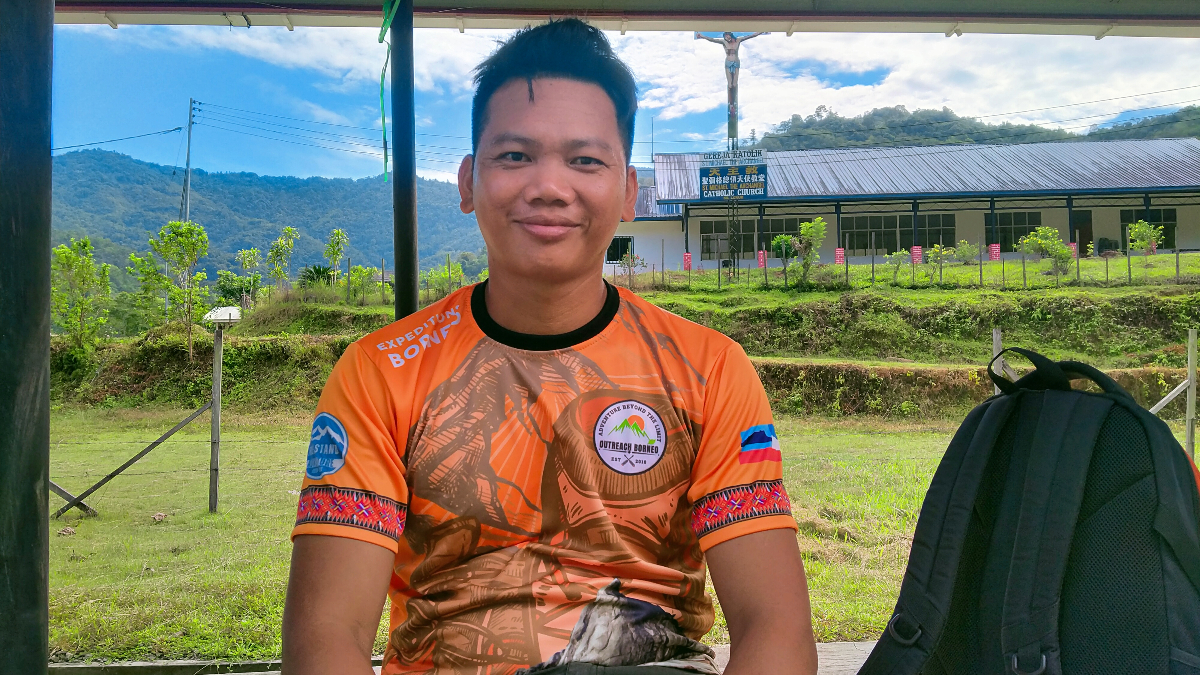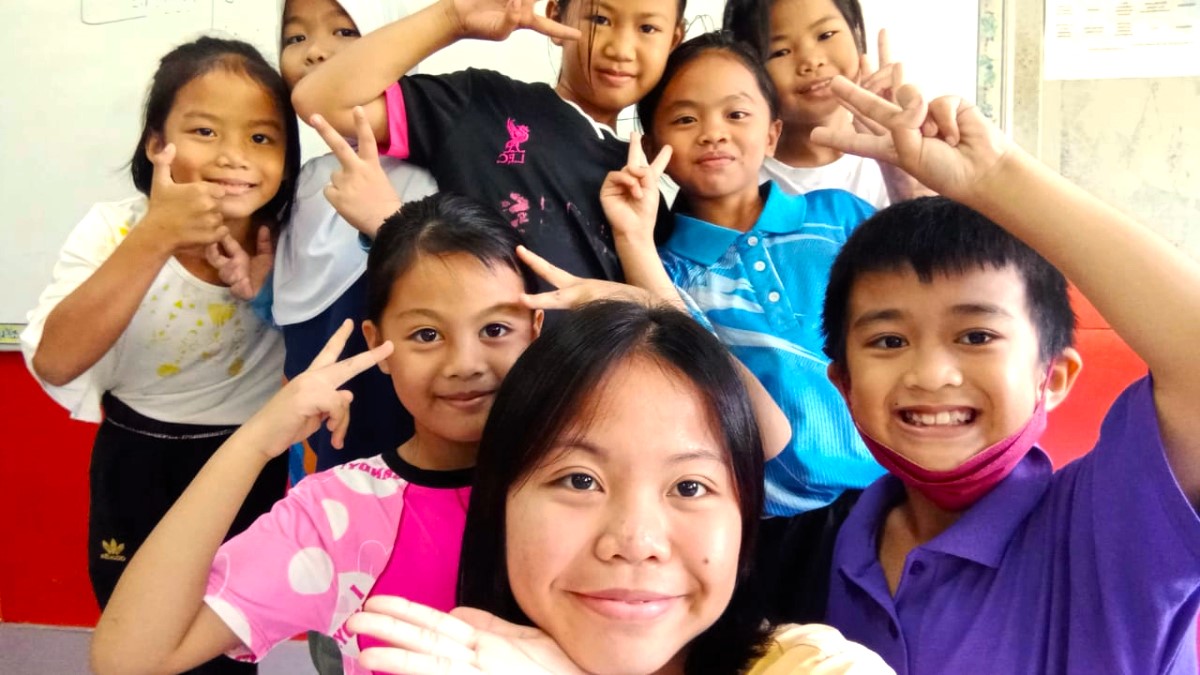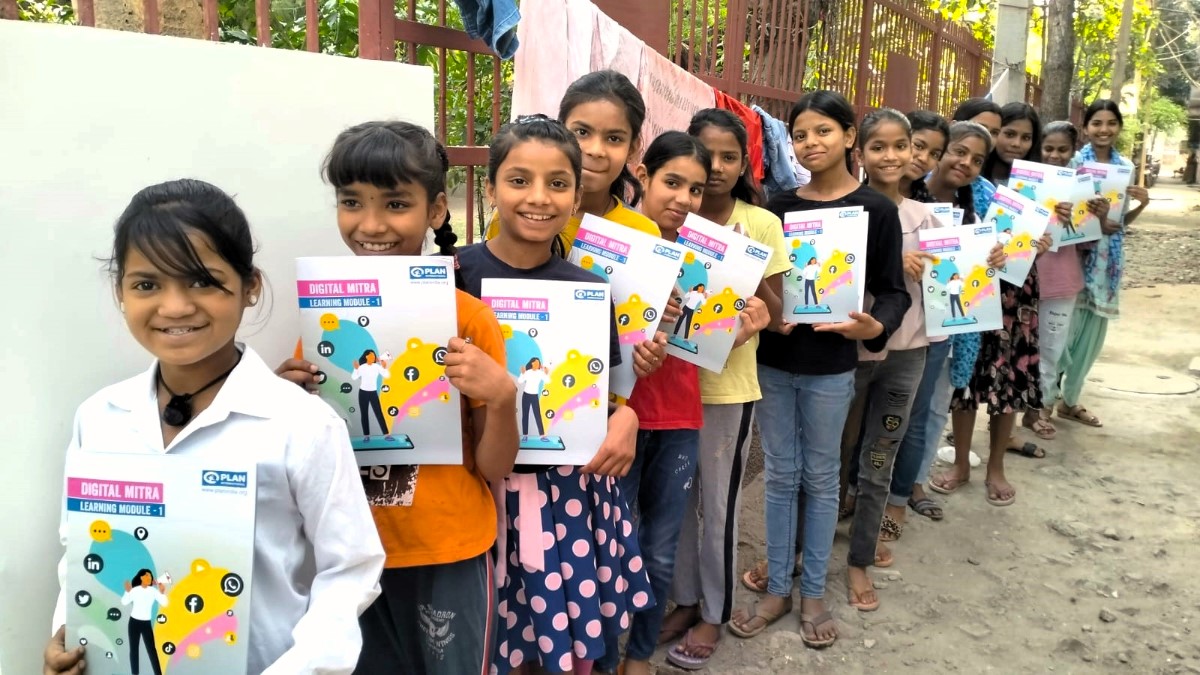“The WDC supported me and admitted Isuru to a special school where he studied up to O-Level. He was later referred to a government-run special vocational training college where he learned leather craft product training,” Pathma Kumari, now 52 said.With this basic knowledge and skills, Isuru tried making and selling products such as drums, key tags and purses made from leather but he soon found that he was unable to market them. “I went back to the WDC and explained our situation. We were told about the WDC’s shoe making workshop. I wanted my son to enroll as I believed the course would be very useful for Isuru to start earning with the skills and knowledge. To encourage him, I joined in too,” she said.
 The mother and son were among the 25 participants who took part in the shoe-making workshop, held at the WDC Community Based Rehabilitation Centre, Sri Lanka. The participants included men and women with and without disabilities.
The workshop was headed by leather product consultant Mr. M.K.G. Saman Leelarathne from the Ministry of Industry and Commerce.
The training particularly focused on designing and creating shoes without using molds, which is a method used by only a few shoe manufacturers in Sri Lanka. From the six-days training, the participants were able to produce a variety of shoe designs made for women, men and children. This initiative is funded by the RYTHM Foundation as a capacity building programme for the community trainers, teachers, parents and people with disabilities.
Six months after participating in the shoe making workshop, Isuru now 24, has produced ten pairs of shoes and sandals.
“I was given basic tools including rubber and glue which otherwise would have been too expensive for me to buy, given our family’s financial situation. I am grateful for this help as it now gives me a skill that can be used to earn money and support my mother and four sisters,” he said using sign language.
WDC programme officer Suadshini said the organisation continues to monitor Isuru’s progress and visits him every six months.
The mother and son were among the 25 participants who took part in the shoe-making workshop, held at the WDC Community Based Rehabilitation Centre, Sri Lanka. The participants included men and women with and without disabilities.
The workshop was headed by leather product consultant Mr. M.K.G. Saman Leelarathne from the Ministry of Industry and Commerce.
The training particularly focused on designing and creating shoes without using molds, which is a method used by only a few shoe manufacturers in Sri Lanka. From the six-days training, the participants were able to produce a variety of shoe designs made for women, men and children. This initiative is funded by the RYTHM Foundation as a capacity building programme for the community trainers, teachers, parents and people with disabilities.
Six months after participating in the shoe making workshop, Isuru now 24, has produced ten pairs of shoes and sandals.
“I was given basic tools including rubber and glue which otherwise would have been too expensive for me to buy, given our family’s financial situation. I am grateful for this help as it now gives me a skill that can be used to earn money and support my mother and four sisters,” he said using sign language.
WDC programme officer Suadshini said the organisation continues to monitor Isuru’s progress and visits him every six months.
 “After the training, we visited him and found that he did not have money to even buy his own tool set. Without the tools, he was not able to practice what he learned so we got him a set for him to start work,” she said.
“After the training, we visited him and found that he did not have money to even buy his own tool set. Without the tools, he was not able to practice what he learned so we got him a set for him to start work,” she said.
“We are happy to see individuals like Isuru benefiting from the workshop and are now able to make a living out of it,” she added.RYTHM Foundation works closely with WDC on creating awareness for disability rights, prevention, early intervention and rehabilitation for persons with disabilities.





